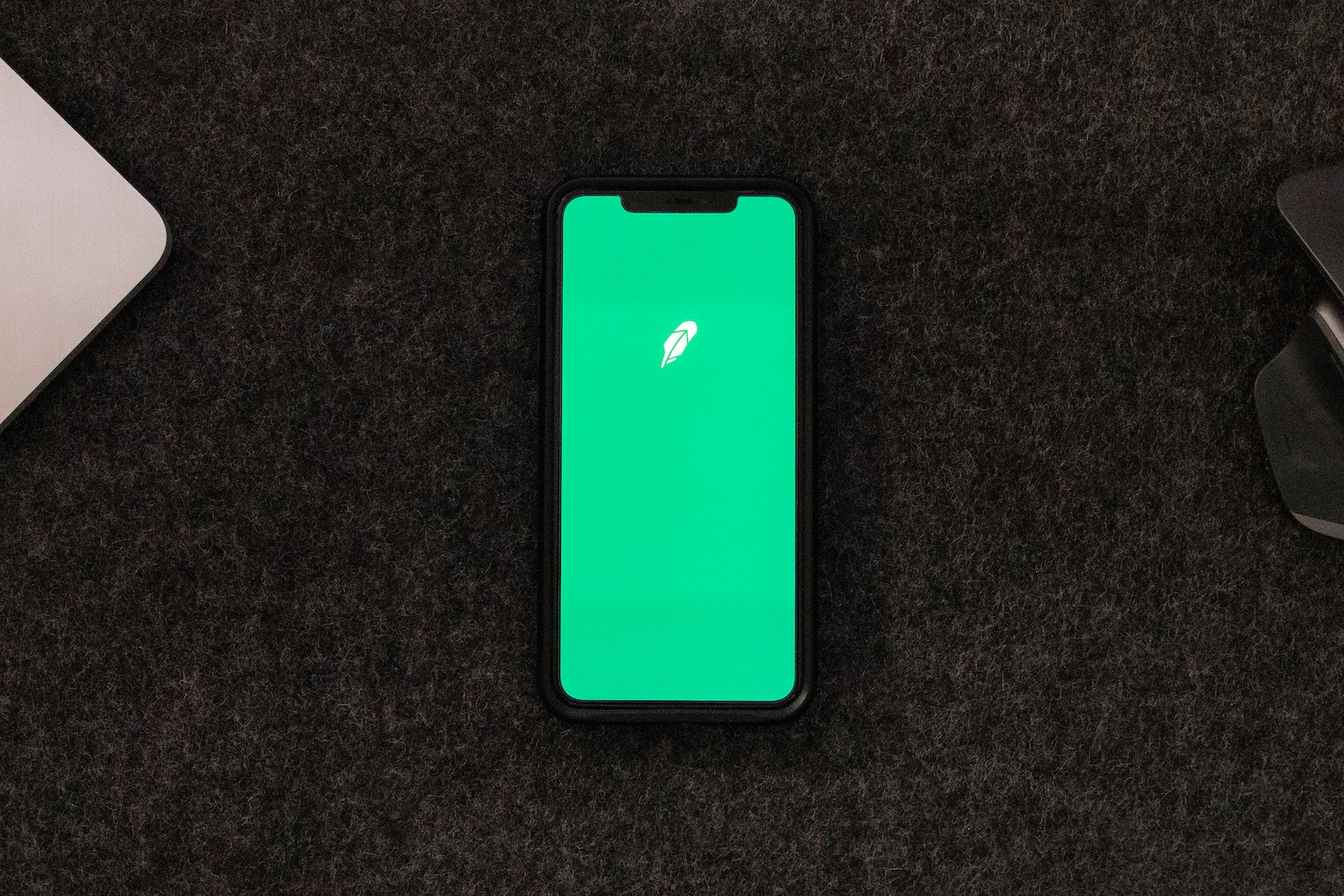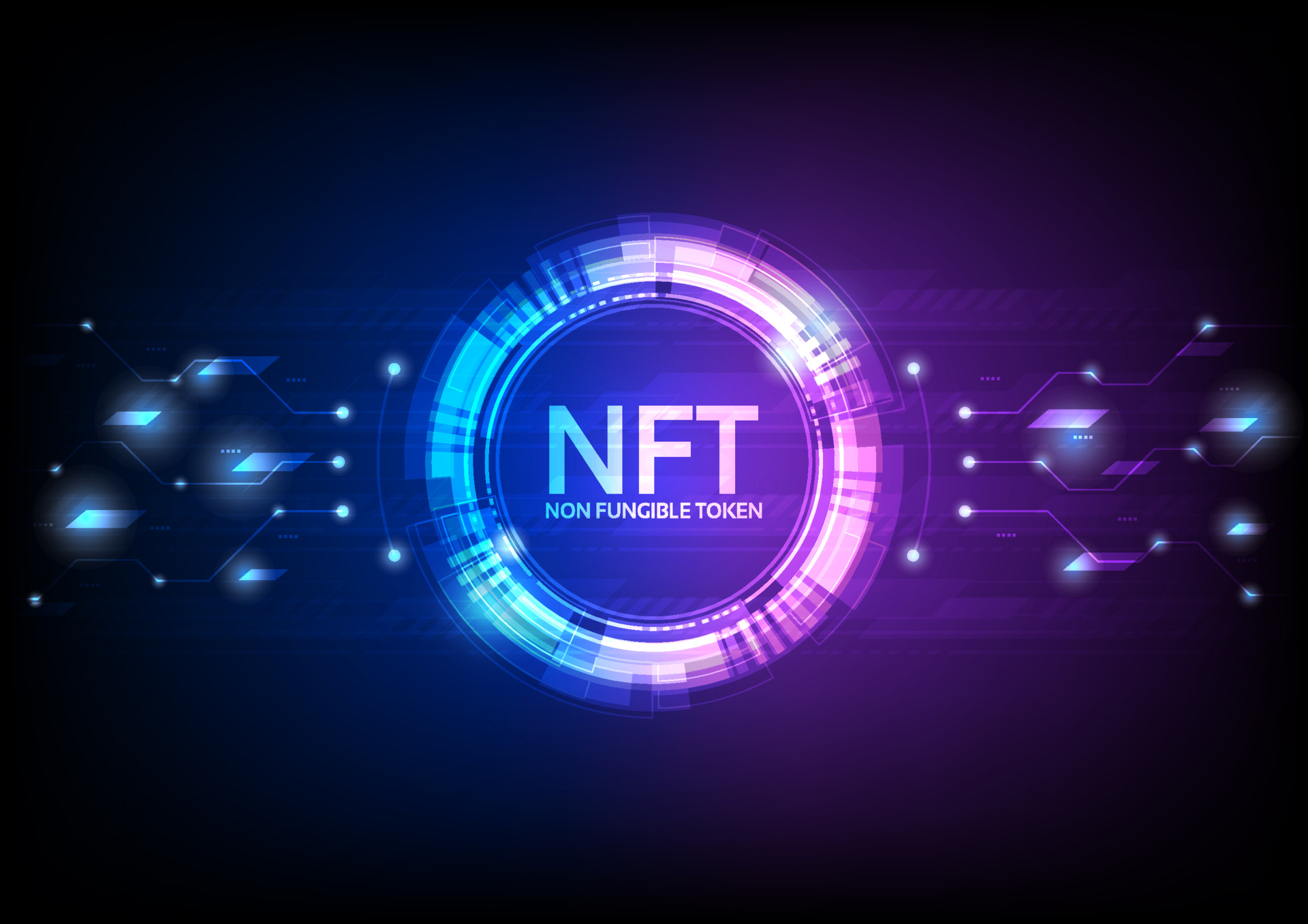- Mastercard introduces a new service for compliant cross-border wallet transactions.
- Dhamodharan announces Mastercard Crypto Credential for compliant cross-border wallet transactions, including wallet identification under regulations like the “travel rule”.
- Mastercard Crypto Credential service uses CipherTrace technology and standardized protocols to facilitate compliant interactions between parties.
According to the head of Mastercard’s crypto products and blockchain department, the company is introducing a new service aimed at ensuring the verifiability and compliance of transactions between users’ wallets. This service will initially focus on transfers of digital assets across borders.
Raj Dhamodharan has announced that the Mastercard Crypto Credential service which enables compliant transactions between wallets, including identification of wallets in accordance with regulations like the Financial Action Task Force’s “travel rule.” This service will first be utilized for cross-border transactions.
Mastercard’s newly launched Crypto Credential service utilizes technology from CipherTrace, a prominent blockchain analytics platform that Mastercard acquired in late 2021. The service is built upon a set of standardized protocols that enable attestation of interactions between parties in a compliant manner.
Dhamodharan questioned,
If two people want to transfer value from one country to another country, the level of compliance and verification needed is complex. So how do you identify those wallets? And how do you exchange enough information about the other party?
Raj Dhamodharan, head of crypto products at mastercard
CipherTrace, a blockchain tracker, has been focused on cross-border transactions and has developed a cryptocurrency system to aid companies in complying with the travel rule. This rule requires that whenever a transaction involving over $1,000 worth of cryptocurrency occurs between two parties, the crypto service provider of the sender must communicate the personally identifiable information of the sender to the recipient’s crypto service provider, and vice versa.
Mastercard collaborated with several wallet providers, namely Bit2Me, Lirium, Mercado Bitcoin, and Uphold, to implement the Crypto Credential service. These providers are currently working together on an initial project that aims to facilitate transfers between the corridors of the United States and Latin America and the Caribbean.
Moreover, Dhamodharan stated that additional use cases for the Crypto Credential service, including non-fungible token (NFT) transactions, are in the works. To achieve this, Mastercard has partnered with several public blockchain network organizations, namely Aptos Labs, Ava Labs, Polygon, and the Solana Foundation.



















